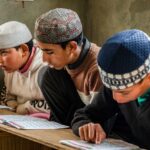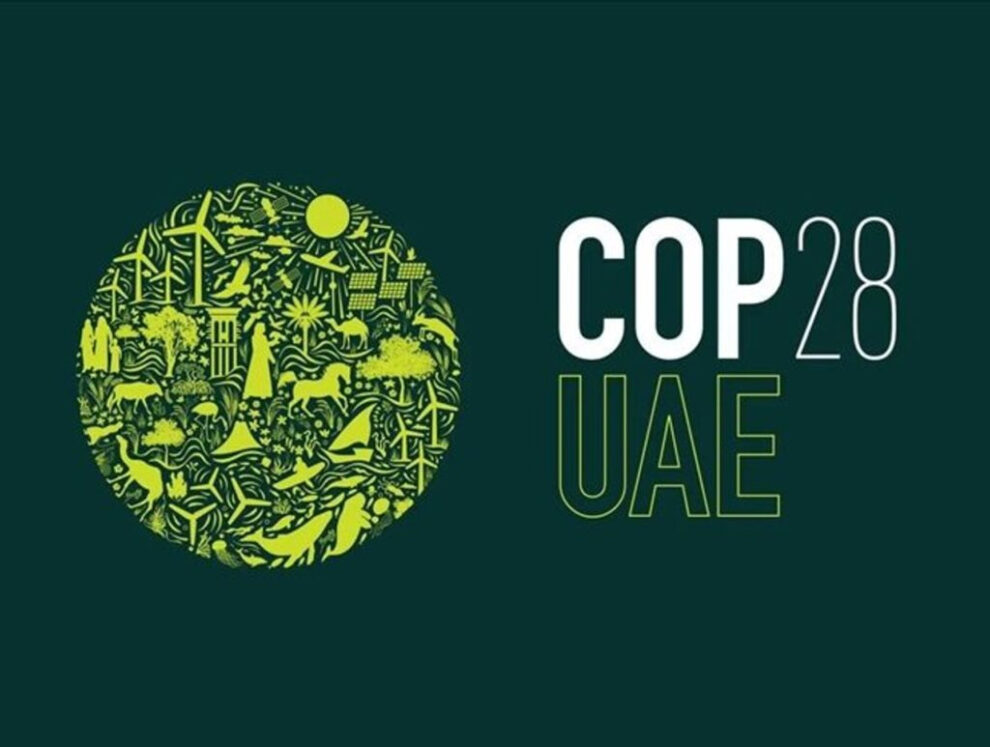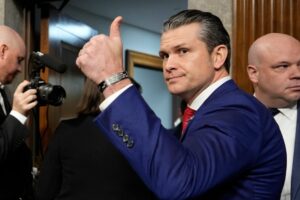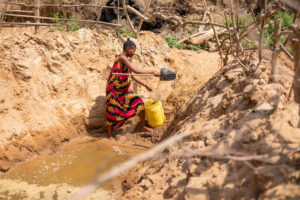This week on Business Africa, we delve into the intricate challenges facing the continent amidst COP28, exploring the economic impacts of climate change and Africa’s role in the global transition to a low-carbon future.
COP28: Africa’s Stand and Victories
As COP28 unfolds, African economies grapple with the complexities of climate change. Nancy Githaiga, Country Director of the African Wildlife Foundation, sheds light on Africa’s victories, emphasizing the groundbreaking agreement on the loss and damage fund—a crucial step forward. Githaiga underscores the importance of acknowledging the impact of climate change on Africa’s justice and the continent’s potential to contribute innovative solutions.
Africa’s Leadership in the Low-Carbon Future
The discussion turns to Africa’s responsibility in leading the transition to a low-carbon future. Githaiga highlights Africa’s unique position, emphasizing biodiversity as both a victim and a potential solution to climate change. With a quarter of the world’s population projected to be African by 2050, Githaiga emphasizes the continent’s youth and market potential, presenting opportunities for innovative solutions and a distinct growth trajectory.
Balancing Renewable Resources and Economic Development
Addressing concerns about economic exploitation of fossil fuels, Githaiga argues against merely transferring the problem elsewhere. Instead, she advocates for those who have benefited from fossil fuels to invest in green energy globally. Emphasizing the importance of achieving the same level of development through renewable energies, Githaiga sees this as beneficial not only for Africa but for the entire world.
Kenya’s Climate Change Challenge
Shifting focus to Kenya, a World Bank report predicts substantial economic losses by 2050 due to climate change impacts. The pursuit of sustainable development becomes a formidable task as Kenya strives to balance environmental responsibility and market competitiveness with limited resources.
DRC’s Economic Challenges Ahead of Elections
In the Democratic Republic of Congo (DRC), economic challenges persist as President Felix Tshisekedi seeks re-election, promising job creation. Despite a first term marked by economic growth, the DRC faces hurdles on the path to sustained development, with rising unemployment and inflation levels in the run-up to elections.
In conclusion, Business Africa presents a comprehensive overview of the continent’s response to COP28 challenges, emphasizing the need for global collaboration and sustainable solutions to address the multifaceted economic impacts of climate change in Africa.
Source : Africanews















